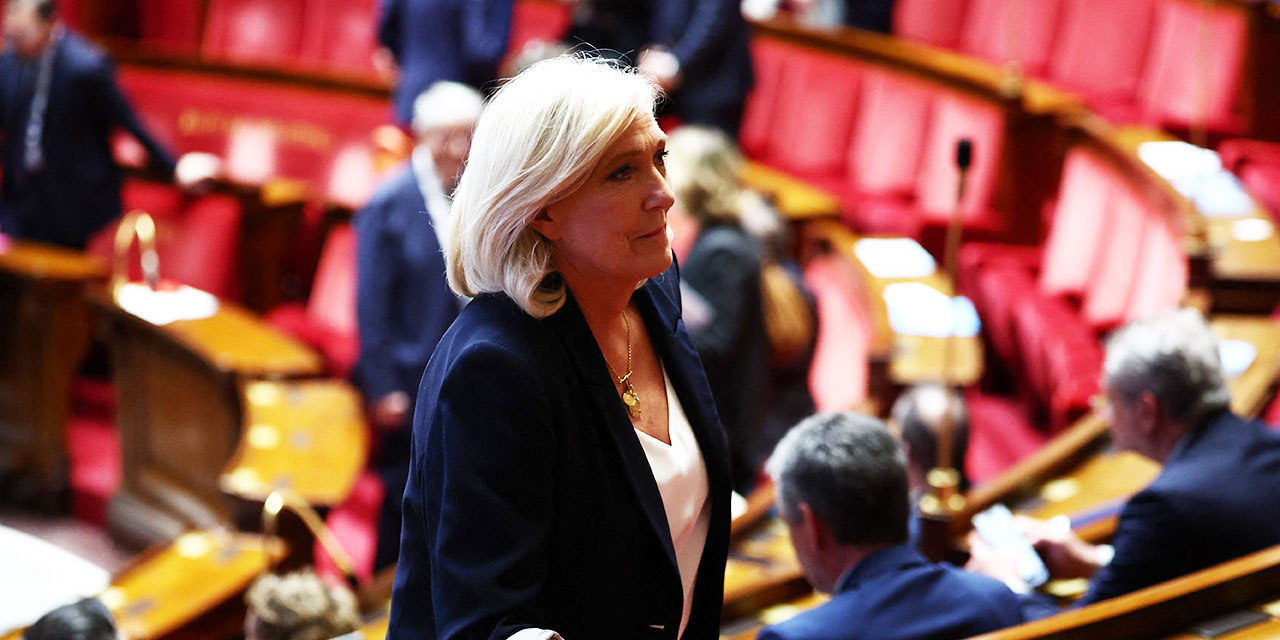The prospect (but, as yet, not the certainty) of Brexit has concentrated the minds of European leaders. Their minds, unfortunately, are those of mediocrities. It is not I who says so, but Laurent Wauquiez, former French minister for European affairs under President Nicolas Sarkozy and possible future candidate for the French presidency. He is in a position to know. “I thought that Europe needed an electroshock,” Wauquiez said in a post-Brexit interview in Libération. “Europe dissatisfies its peoples. Everyone knows it. But the present political class, with its profound mediocrity, has done nothing to change it.”
Asked whether he would have voted to leave (he had thought of lending a hand to the Leave campaign before the referendum), he replied: “I am not British. Let us have the clarity to recognize that the result would have been the same in any other country in the EU. Perhaps an even greater rejection in France.” Speaking of his own experience in Brussels, he said: “My time in the Ministry of European Affairs was a shock, a confrontation with reality. No one, with a minimum of clear-sightedness, could go down the corridors of Brussels without having the sincerity to recognize that it doesn’t work.”
What is Wauquiez’s solution? Is it to abandon the whole business, except as a free-trade area, as the British were misled more than 40 years ago into believing that it would be? No: he believes in expelling between 15 and 20 of the member states and forming a hard core of seven to 12 others “ready to accept a harmonization of tax and social regulations . . . . The hard core must exclude tax and social dumping.”
It seems to have escaped Wauquiez’s notice that his proposal would require either that France abandon its 35-hour workweek (the attempt to do so by François Hollande’s government has so far caused weeks of disturbances) or that it be imposed on Germany . This would be the best recipe for provoking Franco-German hostility, were it not that the French minister of the economy, Emmanuel Macron, recently proposed a better one: namely that the Germans adopt fiscal “solidarity” with the rest of Europe by paying for everyone else’s debts and deficits. According to Wauquiez, differences of policy aren’t competition; they are dumping.
Meanwhile, on the other side of the political spectrum—if it can really be called a spectrum—Arnaud Montebourg, Hollande’s former minister of the economy and another possible presidential candidate, was even less complimentary about the E.U. than Wauquiez. “[Brexit] is a shock for Europe, but a foreseeable one,” he told Le Monde. “For 20 years, every time the people have been consulted, they have expressed their rejection of the construction of Europe as it has been imposed on them. . . . The construction of Europe as it has been done is anti-democratic.” Montebourg blames “an extremist liberal project,” by which he means liberal in the economic sense. “The French voted in 2012 for the program of the French Left,” he said. “And they got the policy of the German Right.” Anyone with a guess as to why?
For Montebourg, the European Union “is like a bankrupt company. If it is not restructured, it will die.” He suggests a return to real national borders, the reduction of the number of European bureaucrats by 97 percent, the ending of the tendency to regulate the cocoa content of chocolate or the market for goat’s cheese, the return of money-issuing powers to the various countries’ central banks (while keeping the Euro), and an alliance of the grasshoppers (France, Spain, and Italy) against the great wicked ant, Germany. What a wonderful way to promote peace and harmony between France and its neighbor across the Rhine!
With the totality of Montebourg’s solutions, one might wonder what need there ever was for a union, rather than a mere free-trade area, just as the British always said they wanted. But this is to forget the slogan on the Haitian national emblem, l’union fait la force—unity makes strength. Of course, it hasn’t worked very well yet for Haiti.
Photo by aja84/iStock




